"Not resolved issues of life ..."
Case in the world stories rare, but by no means exceptional. Dumas, in his famous novel, glorified the generally unremarkable campaigner Charles de Butz, Count d'Artagnan. The brilliant adventurer Casanova and the sculptor Cellini "made themselves" themselves, personally writing fictionalized memoirs. Less fortunate was Jeanne d'Arc's colleague Gilles de Rais, who is known throughout the world as the Duke of Bluebeard. And our hero became famous thanks to Edmond Rostand. “All my life I endured hardships, I did not succeed - and even my death!” - how much bitter irony is heard in the words put into the mouth of our hero by the French playwright. Immortality in exchange for the role of a comic hero! But who are we going to tell our story about? We will answer with the verses of Rostand:
Not resolved life issues;
Aeronaut and physicist, musician,
Unrecognized talent
All life persecuted by evil;
Lover unsuccessful and poor -
Well, in short, Cyrano de Bergerac. "
The man who in the seventeenth century said: "The only Mind, only Mind is my master." Which, according to Theophile Gautier, "deserves to be called a genius, and not the funny madman that his contemporaries saw." And who unexpectedly "found himself in the shoes of a comic character, not even resembling remotely of the present Cyrano" (Jean Frestie).
He was neither a nobleman nor a Gascon. The grandfather of our hero, in whose honor he received the name Savignen during his baptism, was a fish trader in Paris, and Cyrano, in fact, is not a name, but a surname. The family in which he was born was so wealthy that his grandfather could afford to buy two estates that previously belonged to the noble family of de Bergerac. So Cyrano got a new "noble" surname, to which, in general, he had no rights. He "became" Gasconian in order to enlist in the Royal Guard, where preference was given to immigrants from Gascony. However, as often happens in life, the native Parisian Cyrano de Bergerac in his soul turned out to be a Gascon to look for. His friend Lebreu recalled many years later: “Duels, which at that time were perhaps the only and fastest way to become famous, immediately won him such fame that the Gascons ... looked at him as a true demon of courage and counted so many fights for him how many days he was on duty. " It is interesting that just at this time the well-known Charles Ogier de Baz de Castelmour, Count D'Artagnan, who, for sure, was familiar with our hero, served in the royal guard. E. Rostan did not doubt this, describing their meeting as follows:
I clapped for power.
The duel was great.
And, whatever you say, your language is sharp! ”.
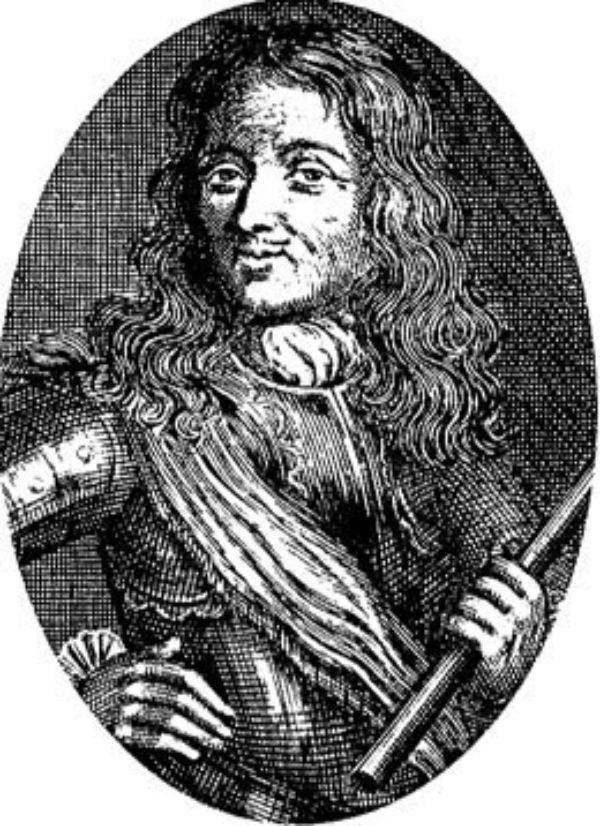
Cyrano de Bergerac took part in two military campaigns (Thirty Years War), in each of which he was wounded: in 1639 during the siege of Muson, and in 1640 at Arras (Count d'Artagnan was also wounded there). The second wound (in the neck) was so serious that at 22, de Bergerac had to leave military service forever. Cyrano was not going to give up his habits and was still considered the most dangerous duelist in Paris. He was especially glorified by the legendary battle at the Tower of Nels, in which Cyrano and his friend François Linier were able to defeat ten assassins ("bravo"): two attackers were killed, seven were seriously wounded.
However, it was at this very time that he engaged in literary activity, which brought him new fame in the Parisian living rooms. His pen was no less sharp than a sword, and he did not hide the reasons for which he began to use the new "weapon":" What are inks for in addition to blackening the enemy? "He rhetorically asked in one of his satyrs. Simultaneously with the satires, pamphlets and epigrams, Cyrano de Bergerac wrote more serious works, and was quite popular. In 1646, the premiere of his first play “Fooled Pedant” took place. The literary merits of this work are best told by the fact that the great two Moliere made two scenes from this play in his comedy “Plutney Scapin”. One of the phrases of this work of Cyrano (“What cholera carried him to this gallera?”) Became a popular expression, and has been preserved in French to our time. In 1650, in Paris, his novel “The Comic History of the States and Empires of the Moon” made a lot of noise, which, by the way, was also translated into Russian (in Russia it came out under the name “A Different Light, or the States and Empire of the Moon”).
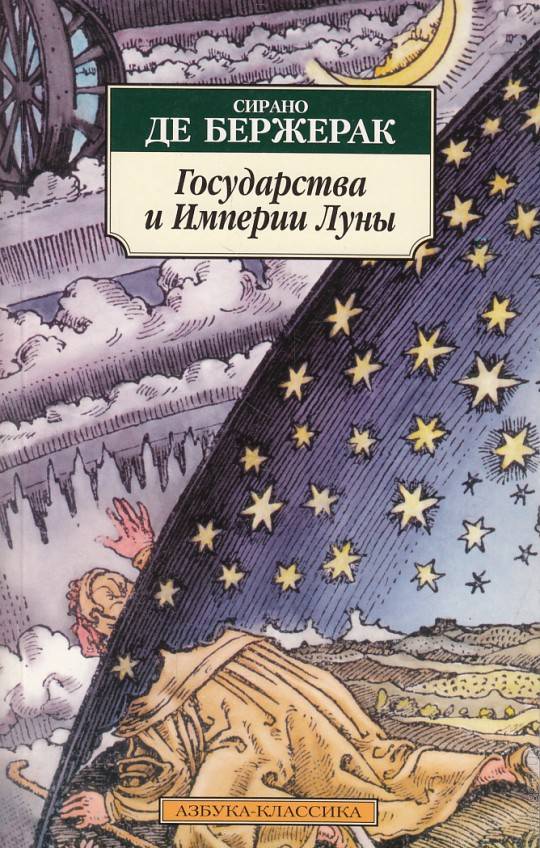
A number of literary scholars consider him the first European science fiction work, in which the author managed to anticipate a number of discoveries of the XIX-XX centuries. In two large vessels filled with smoke, with the help of which the prophet Enoch landed on the moon, modern researchers saw a prototype of a balloon. But the flight described by de Bergerac is unrivaled: he was in the cockpit, which a multi-stage rocket carried into space (!)
The next suggestion was to use missiles as a vehicle only after 200 years (Kibalchich). The fuel, however, turned out to be completely unsuitable - a mixture of dew (which the alchemists considered a miraculous liquid capable of dissolving gold) and saltpeter. The lunar brains helped him to deflate, with which he smeared his body (at that time it was believed that the Moon was attracting them). In the same novel, a device similar to a radio receiver or player is described: a book, which requires not eyes, but ears to read. Interestingly and the message about "homes on wheels", in which you can move from place to place. By the way, in another, the remaining unfinished work ("Comic history of the states and empires of the Sun"), Cyrano explicitly describes light bulbs: "inextinguishable lights" whose light has the same origin with the lightning light that goes out when their outer shell is destroyed. The description of social life on the moon is in the nature of an intellectual and philosophical utopia. The inhabitants of the moon, according to Cyrano de Bergerac, eat the fumes of food, sleep on flowers, and instead of candles use fireflies in crystal glasses. Instead of money on the moon, they pay by six points and the richest people are poets. During wars against the brave men, brave souls fight, giants against giants, against weak people weak ones. Then the war continues in the form of discussions. In addition, Cyrano de Bergerac first suggested that the gods are aliens from space. As for the big nose, ridiculed by Cyrano de Bergerac all his life, he was a sign for the inhabitants of the Moon, "on which it is written: here is a clever man, cautious, courteous, affable, noble, generous." Snub-nosed on the moon were deprived of civil rights.
The well-known playwright Scarron became a literary opponent of Cyrano: a retired guardsman mocked Scarron's “low and minor” themes of comedies, and he, in turn, ridiculed his attempts to penetrate the high society and vanity.
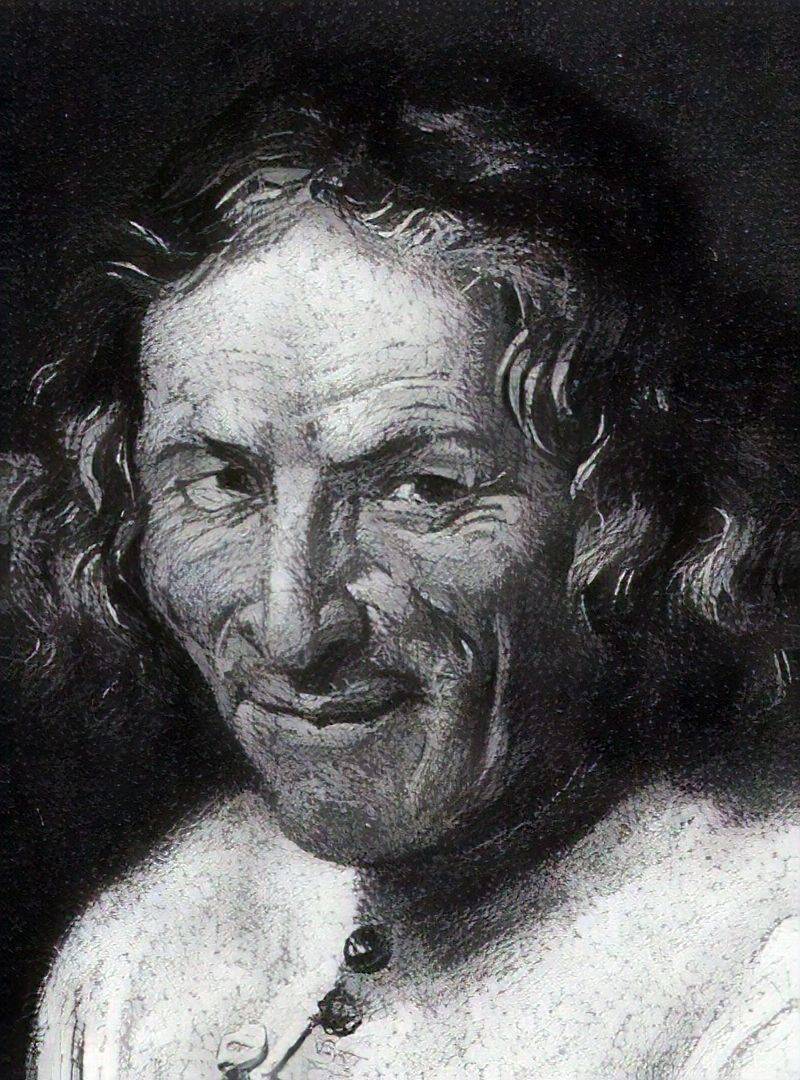
They agreed to hate Mazarin.
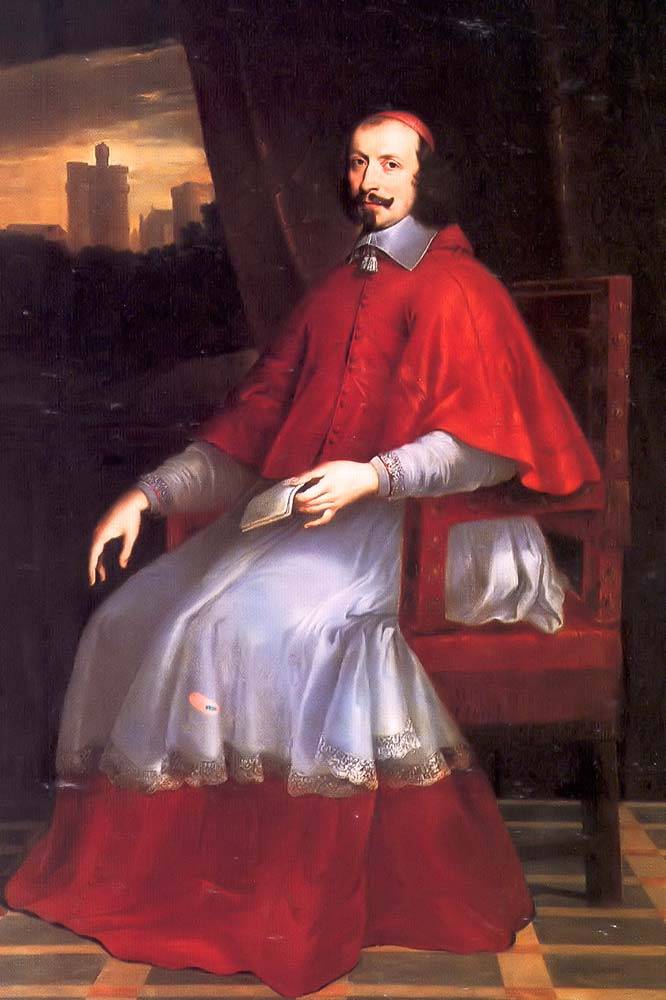
Scarron was the first to write a poignant satirical pamphlet (as a result of which he lost his pension), he was supported by many authors who wrote hundreds of "mazarinas". Among them was Cyrano de Bergerac, who, in the genre of burlesque, wrote one of the most brilliant mazarinades, The Burned-out Minister. However, he later changed his attitude towards the favorite of the Queen-Regent Anne of Austria and in "Letter Against the Fronders" he sharply criticized his former allies. As a result, many of the friends turned their backs on Cyrano. Misfortune followed de Bergerac. After the death of his father, he lost all sources of income and was forced to find a patron in the person of the Duke D'Arpageon, to whom he began to dedicate his works. Because of the pain associated with the wounds and depressed morale, he began to take opium. This did not lead to good. His new play, The Death of Agrippina, was booed by the public. The trace left by De Bergerac in French literature turned out to be ephemeral: in 1858, Paul Lacroix wrote about him in the preface to a newly published small collection: "Everyone (de Bergerac) knows him, but no one read him."
The end of the life of the poet, hero and duelist was sad. One evening, a beam fell from the top floor of a building under construction. There were persistent rumors that the accident was rigged by numerous enemies of Bergerac, who did not dare to speak out against him. He survived, but remained crippled, the former patron drove him out of the house and spent the last days of Cyrano’s life in poverty. He died in 1655 at the age of 36 and was forgotten for almost 250. The hero's resurrection took place on Christmas 1897, when the premiere of the heroic comedy "Edmond Rostand" Cyrano de Bergerac "was held with great success at the Paris-Saint-Piter-Martin Theater in Paris. On the eve of the performance, Rostand did everything to "fill up" the production. Not only did he himself fall into the deepest depression and already regretted that he had gone on such an adventure, but he tried to infect his mood and “dampen” the theatrical troupe, a few minutes before the curtain was lifted, asking everyone to forgive him for writing a hopeless and worthless play. He still failed to spoil the premiere: the success of the performance exceeded all expectations.
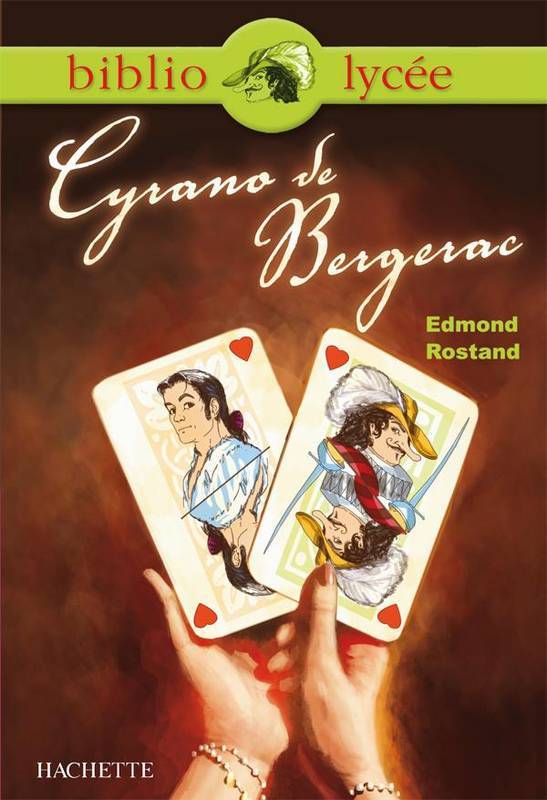
Cyrano de Bergerac, an adventurer, a breaker and a writer, was "resurrected" on the theatrical stage, but, alas, he appeared before the audience only in one of his incarnations. And now, for the overwhelming majority of people, he is just a long-nosed rake suffering from an inferiority complex, a carefree reveler and a duelist, but, in general, a nice and cute fellow, always ready to fight back enemies and apt word, and a sharp sword.
Like a rooster's tail, with careless courage. "
(E. Rostan).
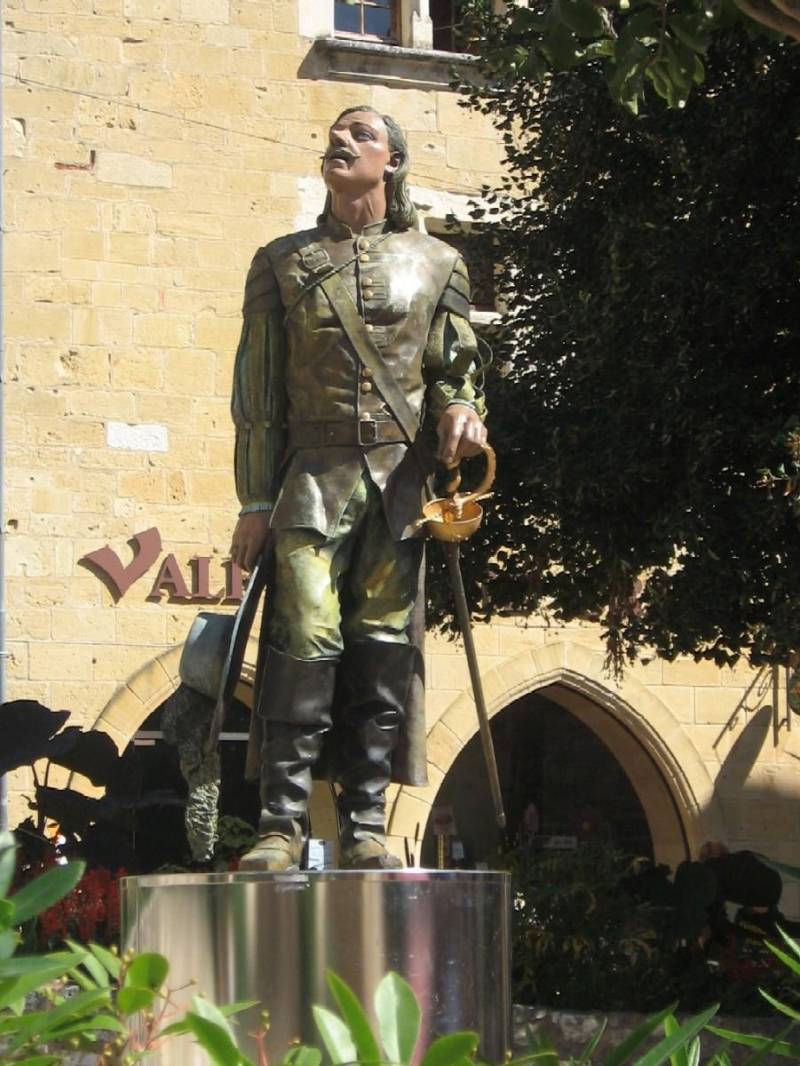
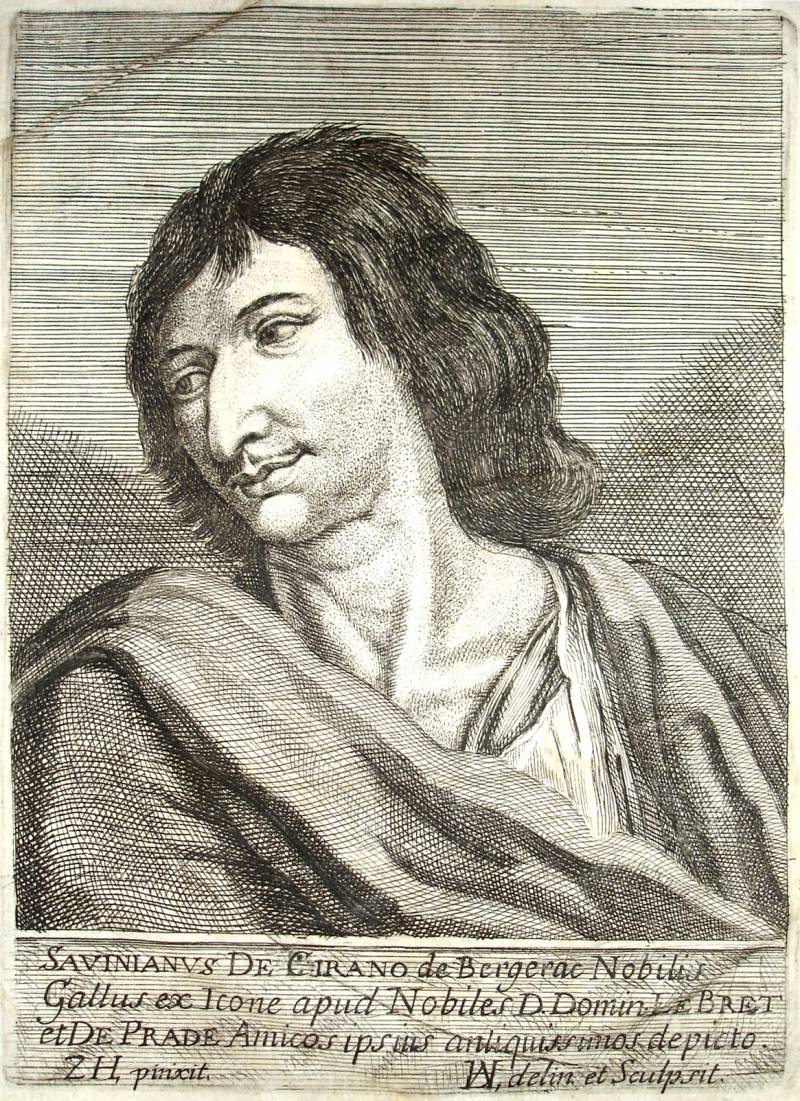
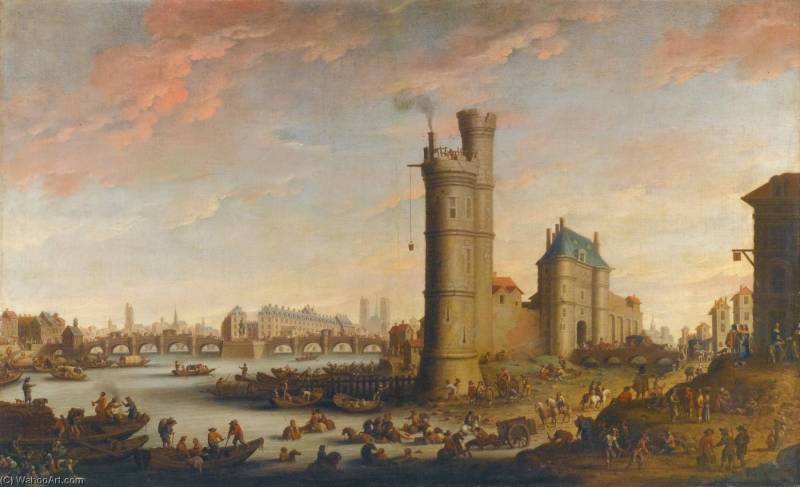
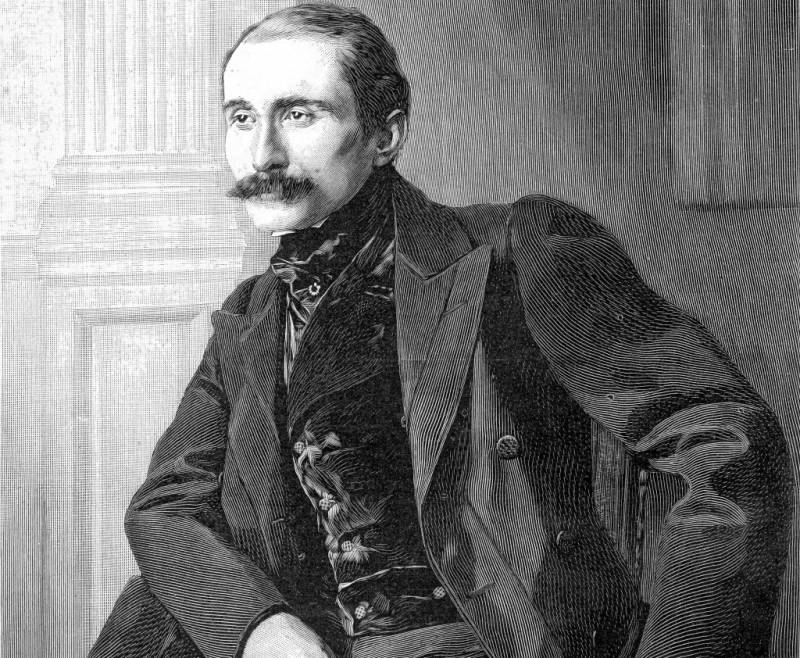
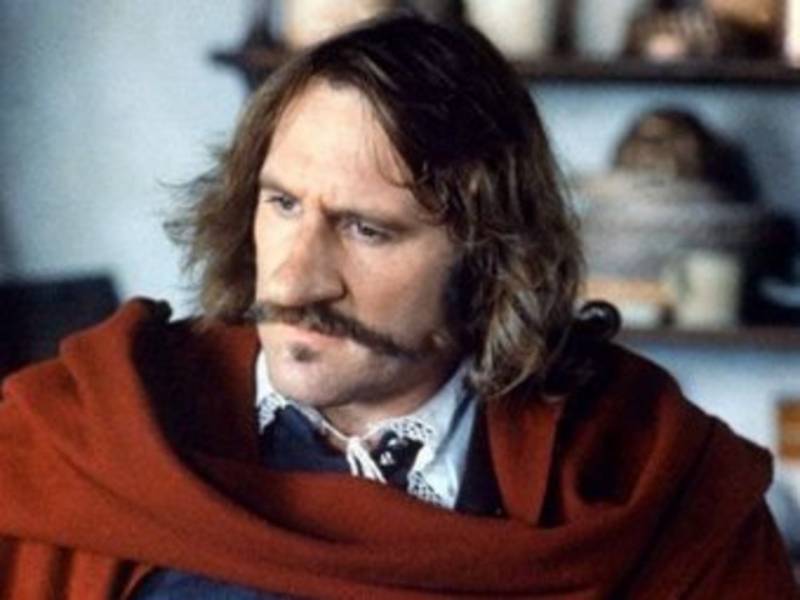
Information